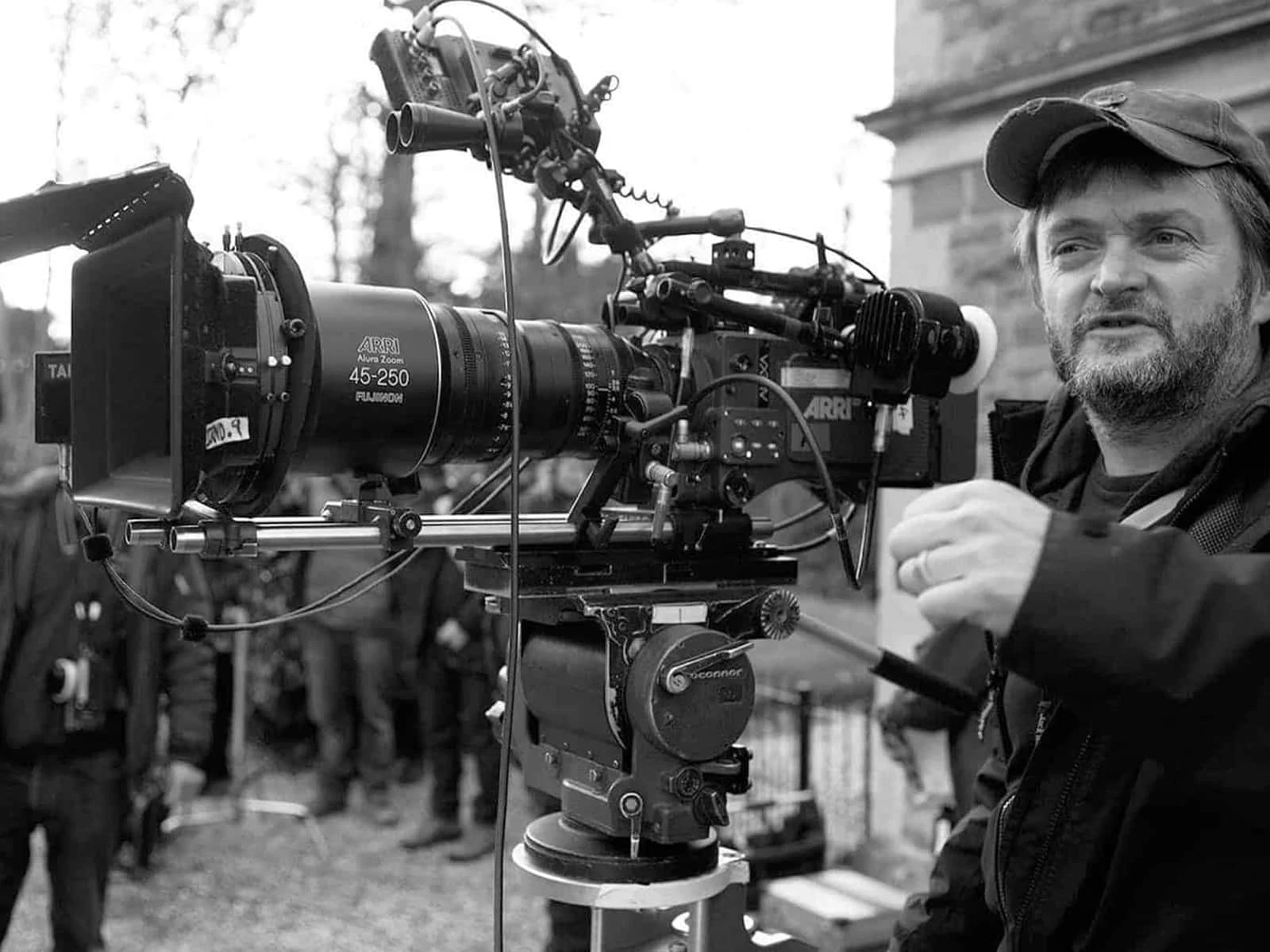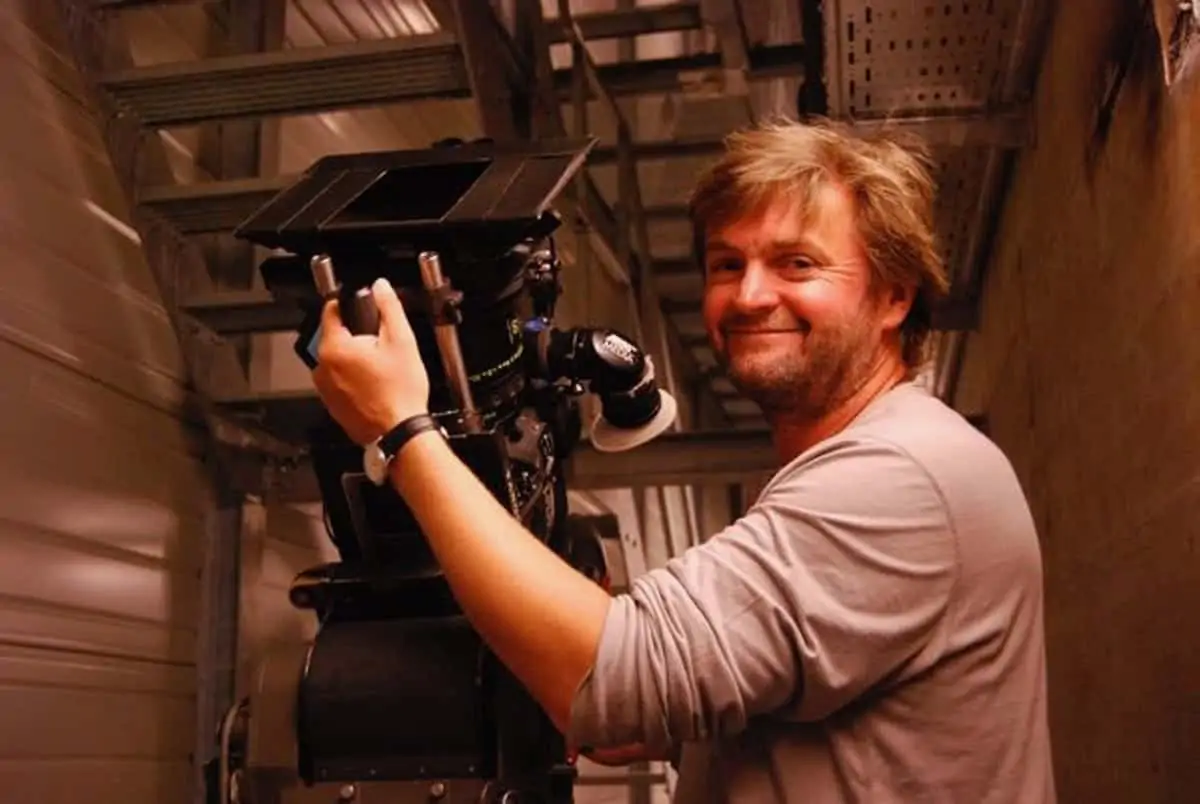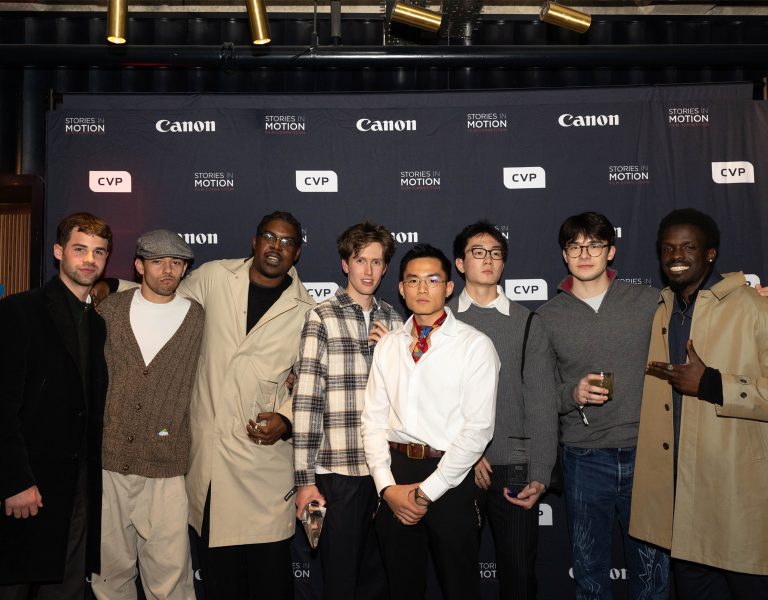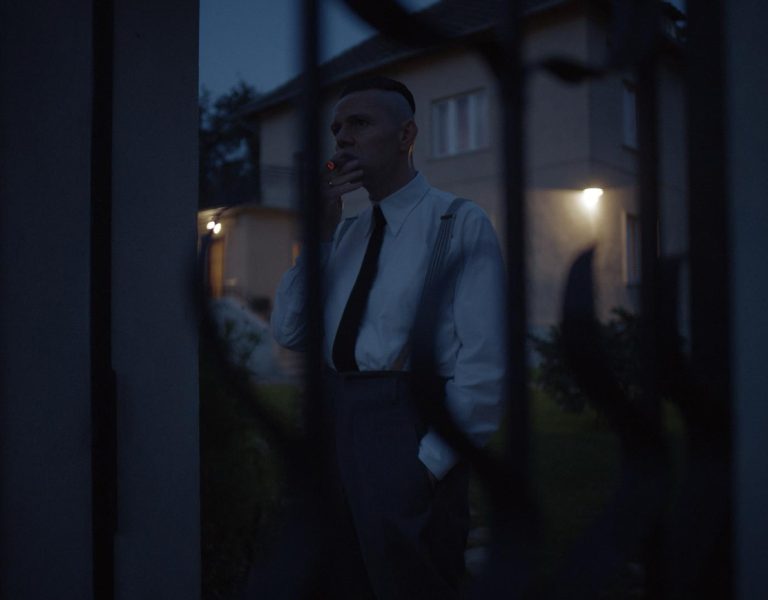
On the 6th anniversary of the tragic death of respected British camera operator Mark Milsome, The Mark Milsome Foundation and Bectu have released the findings from a survey of film and TV crew about current views on health and safety training and protocols on British sets.
Alarmingly, nearly three quarters of respondents said they have felt their safety or that of a colleague has been compromised at work.
The survey highlights a worrying trend regarding crew’s reticence to speak up about their safety concerns – all those who reported incidents asked to remain anonymous for fear of jeopardising future employment.
The survey findings reveal an overwhelming consensus that safety training and protocols need to be improved and that production companies should take ultimate responsibility for issues affecting shooting crew on a film/TV set, even when there are freelance contractors involved in the work.
Over two-thirds of survey respondents identified real concerns regarding people being promoted to positions of responsibility without adequate experience or safety qualifications. 33.6% agreed that this is a problem and 34.0% strongly agreed.
Given the dynamic nature of freelance work on film and TV sets, the survey highlights the crucial need for all crew to feel assured that they are collaborating with competent and safety-conscious individuals. Key safety-critical roles must meet established standards of competency and must have objective and transparent craft-specific qualifications supported by recognised training and work experience structures.
Overall, there is a clear need for enhanced safety standards and qualifications and the industry should work towards making the achievement of such qualifications, and an adherence to these standards, a pre-condition of working in the sector. Basic safety training and orientation for all crew members should also be a prerequisite.
For these reasons, Bectu and MMF are calling for a commitment from the industry to ensure that everyone working on a production has completed a Level 2 Production Safety Passport, and that everyone in a supervisory role has completed a Level 3.5 Passport.
The survey also highlighted the need to address a culture of long working days, which result in unsafe working and commuting situations. 96.3% of respondents had a 10+ hour day as their most recent experience of a normal working day, not including travel, overtime or other unpaid working time (49.5% of respondents had worked a day of 10-12 hours, and 46.4% had worked a day lasting 12 hours or more).
Two thirds of respondents reported that they would work longer-than-standard hours at least once a week (23.5% said that long-days-plus-overtime were the norm).
72% agreed or strongly agreed with the statement “I am sometimes so tired, that I am concerned about my safety on the road travelling to and from work, and/or the possibility that I will work in an unsafe way.”
Approximately 80% of respondents’ daily journeys to and from work took more than one hour and more than half took longer than 90 minutes (roughly one third took longer than two hours and more than 10% took longer than three hours).
When asked about their longest ‘door to door’ day of working/commuting in the past 12 months (i.e., the longest day that they had worked during the last year, the actual ‘working day’ including overtime, but not including the commute), over 96% of respondents had worked days that lasted longer than 12 hours.
Samantha Wainstein, Chair of the Mark Milsome Foundation commented: “Mark’s death serves as a poignant reminder of the critical importance of strictly adhering to health and safety guidelines. The Mark Milsome Foundation was established in his memory, and one of the core aspects of our mission is ensuring that no one on a film set dies for the sake of a shot again. This survey has gathered data on first-hand experiences from crew, allowing us to assess the progress in health and safety practices since our last survey and providing strong evidence that safety training for all is a necessary requirement. We are committed to advocating for safer sets until substantial and effective change is realised.”
Spencer MacDonald, Bectu National Secretary, said: “This survey has shown that shooting crew have serious concerns about the standards of safety on UK film and TV sets. This is a dynamic industry where people are often working with hundreds of crew members that they have never worked with previously. It also has a dangerous long-hours culture and people are routinely working many months where scheduled working days last more than 12 hours, and the workers concerned are expected to drive long commuting journeys.
Many crews have never had even the most basic training or advice on safe working. Many departments don’t even have established safety protocols, training, or certification – and where they do, productions don’t always enforce them. Because of skills shortages, crew are often promoted to safety-critical roles without having the required training or experience.”
Bectu and the Mark Milsome Foundation, are calling on the industry, and their representatives, to establish industry norms on safety training and to work together to find solutions to the long working hours culture.




















